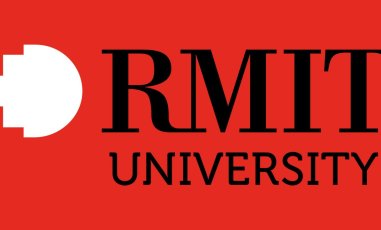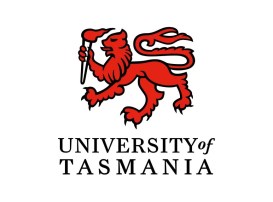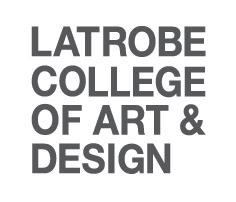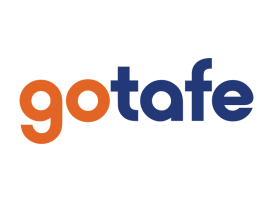RMIT University
Bachelor of Fashion (Design) (Honours)

In this honours degree, you will have the opportunity to expand your fashion design knowledge, refine your vision, further research your design practice, and pitch your work to industry.
We seek to imagine future commercial contexts, create ethical design propositions, and use cross-disciplinary design strategies to drive global and competitive fashion design practices. You will extend your design, communication and presentation methods and strategies for fashion garments, products, accessories, objects, artefacts, materials, spaces and experiences of and for the body.
You will graduate with a portfolio of practice, development and research to prepare you for your career. Additionally, you will work with academic staff and industry experts to produce a digital publication, showcasing your graduate outcomes globally.
Fashion at RMIT has a global reputation for excellence. This degree has a stellar record of students and graduates winning major fashion design awards and scholarships, and receiving the invitation to participate in national and international showcase events.
Learning and teaching
Your teachers will guide you through advanced studio practice, bookmarked by industry-relevant assessments that link to emerging contexts, markets and research practice. You can expect to attend open studio critiques, course tutorials, guest presentations, workshops and events to support and enhance your learning experience. You will become confident in self-directed research, experimentation, construction, prototyping and presentation in a variety of media.
This course will enable you to articulate your position within the community of fashion practice, and deepen your understanding of its social and cultural context.
Learning at RMIT
The types of classes you have will depend on the course you’re studying. Classes are offered in various formats designed to provide meaningful engagement with staff, industry and peers and provide for access and use of spaces where learning can be applied and active, including an array of specialised equipment.
Most RMIT courses do not include passive large-scale classes such as lectures, instead the content traditionally provided in lectures is made available online. This may be in the form of readings, videos or other on-demand learning materials. This content will also support the basis of interactive learning that takes place in on-campus classes.


